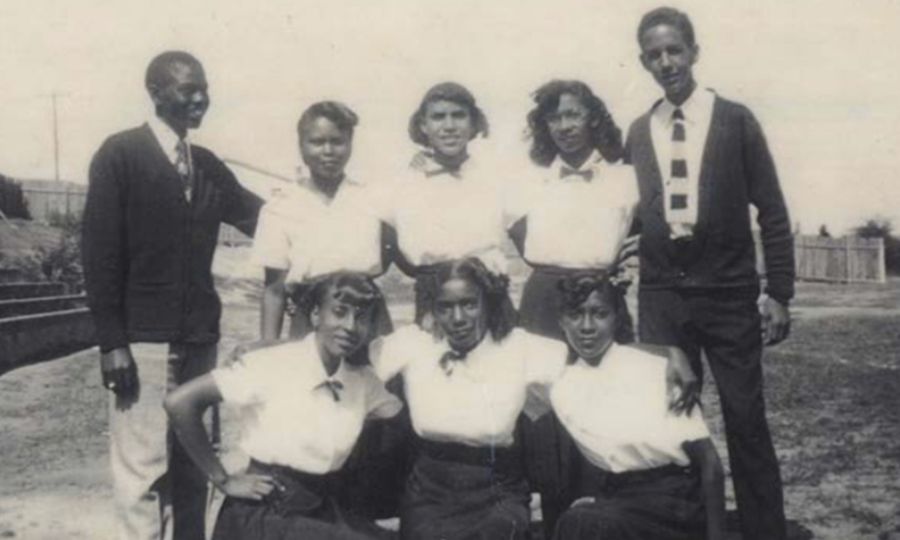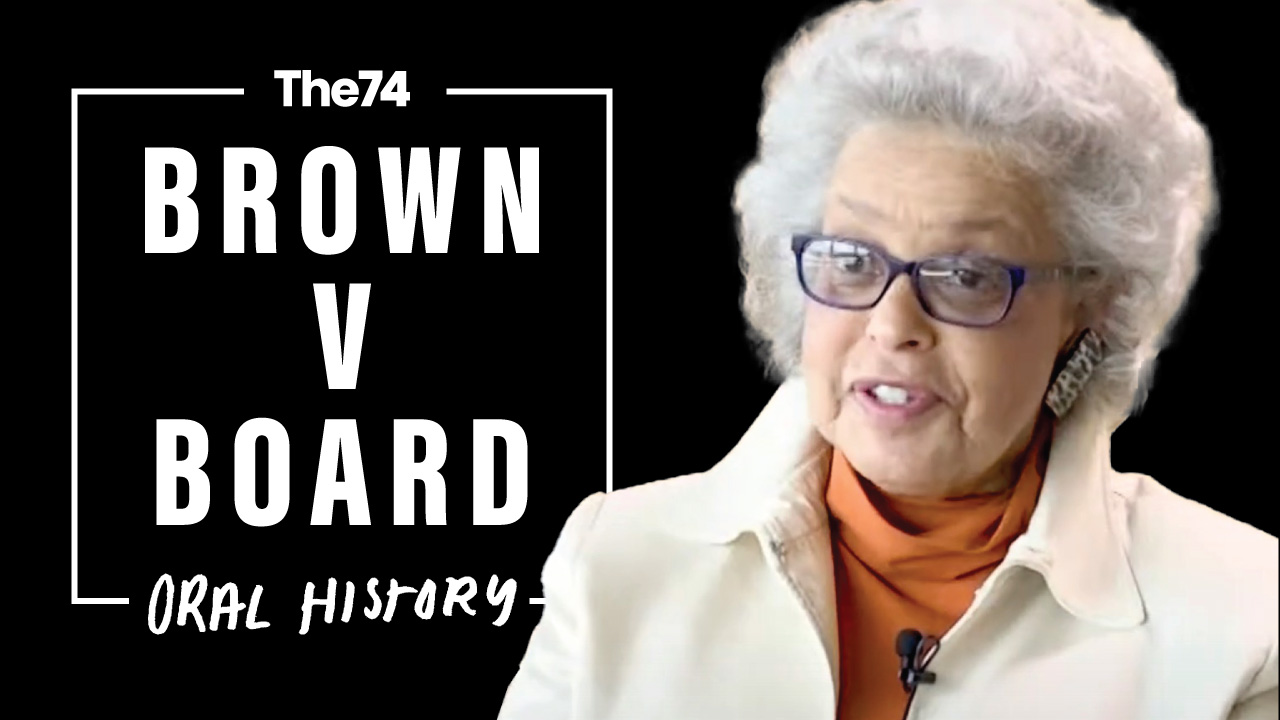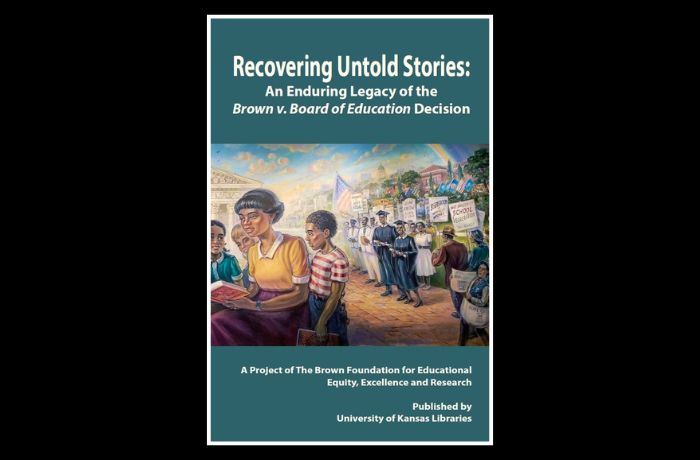70 years later, the untold history of Brown v. Board: Meet all the families behind the 5 school cases that swayed the Supreme Court
Steve Snyder | May 22, 2024
Your donation will help us produce journalism like this. Please give today.
 Seventy years ago this month, the Supreme Court ruled unanimously in Brown v. Board that racial segregation of children in America’s public schools was unconstitutional. Today, we’re commemorating the anniversary by relaunching our special Untold Stories of Brown v. Board microsite, dedicated to sharing the stories of the lesser-known students, parents and plaintiffs who joined forces six decades ago to wage the legal battle against “separate but equal.”
Seventy years ago this month, the Supreme Court ruled unanimously in Brown v. Board that racial segregation of children in America’s public schools was unconstitutional. Today, we’re commemorating the anniversary by relaunching our special Untold Stories of Brown v. Board microsite, dedicated to sharing the stories of the lesser-known students, parents and plaintiffs who joined forces six decades ago to wage the legal battle against “separate but equal.”
A brief overview of the project, now live at The74Million.org/Brown70: In the American judicial system, the two small words “et al.,” meaning “and others,” erase the names, faces and histories of everyday individuals seeking remedies for wrongs done to them. Used as a reference in class-action litigation in place of the names of each individual plaintiff, those four letters relegate men, women and children to what can be characterized as a “legal wasteland,” rendering them and their stories unknown.
In the instance of Oliver Brown et al. v. The Board of Education of Topeka, Kansas, those four letters diminished the stories of families who risked much to participate in five essential class-action lawsuits across the nation. Those five suits — Oliver Brown v. Board of Education of Topeka, Briggs v. Elliott, Davis v. County School Board of Prince Edward County, Belton (Bulah) v. Gebhart and Bolling v. Sharpe — were later consolidated by the United States Supreme Court.

While the name Oliver Brown is universally known, the names and stories of these other revolutionaries have remained largely untold, buried under the weight of four little letters.
But now a wide swath of Brown v. Board plaintiffs and their relatives assembled by Cheryl Brown Henderson, founding president of the Brown Foundation for Educational Equity, Excellence and Research and daughter of Oliver Brown, are hoping to change that — by detailing their stories of oppression, their battle for justice and their triumph. Five years ago we helped with the launch of Henderson’s book Recovering Untold Stories: An Enduring Legacy of the Brown v. Board of Education Decision, and today we’re thrilled to be relaunching our digital companion diving into that slice of history, both addressing the histories of the individual cases and streaming video oral histories with family members connected to the original litigation. See the full archive at The74Million.org/Brown70.
Also worth checking out today: A notable excerpt from the book about this broader effort to widen our understanding of history. From South Carolina to Virginia, from the District of Columbia to Delaware, Brown Henderson writes about the stories and the characters behind the five pivotal Brown lawsuits that were appealed, introducing the families who were willing to stand up for what was right and the courtroom machinations that eventually took Brown v. Board, et al. to the high court. Learn more about all the cases right here.
Three other key things to see and share on today’s Brown v. Board site:

1. Testimonials From Those Who Lived the History
In Recovering Untold Stories, Brown Henderson turns the focus on lesser-known families who were part of the consolidated Brown v. Board case and spotlights the reflections of descendants about why their families stood up, the consequences they faced and the enduring legacy of that decision. See our full archive of testimonials — including this item from J.A. Stokes (above), who led a student strike in Virginia with his twin sister. From his reflection: “Our first meeting took place on the hard cinderblock bleachers that served as part of our athletic field. The four of us — Barbara Johns, Carrie Stokes, Irene Taylor and I — were the founding members. With this meeting, we launched one of most influential civil rights movements in the state of Virginia. In my view, we jump-started our own Manhattan Project.” See all our testimonials.

2. Watch the Oral Histories
In addition to the above book excerpts, we’ve also relaunched a number of in-depth video interviews with key family members and outside experts reflecting on the five cases that became Brown v. Board. See all the video highlights here — including Deborah Dandridge (above), who was a grade-schooler in Topeka, Kansas, when the verdict was announced. In this 2019 video, she reflects on the landmark ruling and the activism that got five cases consolidated in front of the Supreme Court, noting “it’s the youth that will make progress in our democracy.” Watch all the oral histories.

3. Download the Book For Free
In addition to our case summaries, testimonials and videos, you can also read the full book: Recovering Untold Stories — An Enduring Legacy of the Brown v. Board of Education Decision. Just click “Download the Book.”